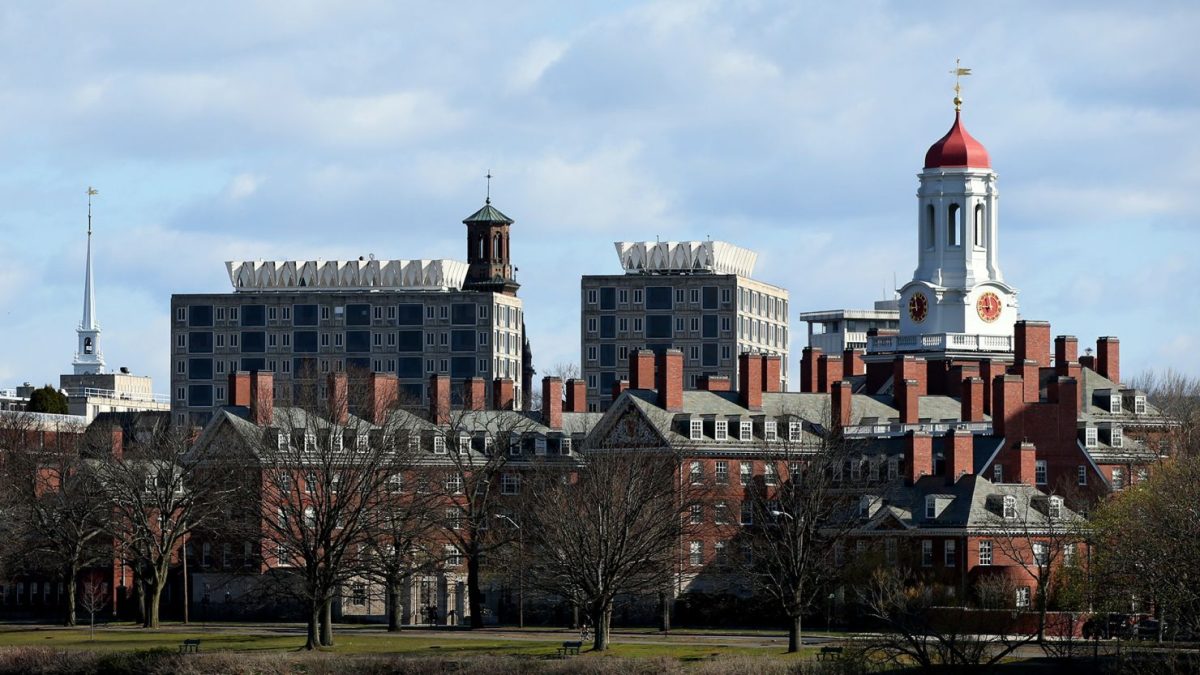On Thursday, March 20th, thousands of protesters showed up at the Colorado State Capitol to protest impending budget cuts to education. Right now, schools are funded by the number of students in a school, with the state averaging the number of students who attended the school in the last five years and funding that number. The new plan iss to switch to funding students who attended just in the last year. Some feel the current situation is unfair because the state is paying for “phantom students”, but the switch will cost Boulder Valley School District about $5 million because enrollment numbers in Boulder as well as the rest of Colorado are dropping. The cuts to funding come from a bill in the Colorado Legislature that will cut funding, but also from a reduction in the State Department of Education’s power.
Many of the protesters feel that Colorado is already underfunding schools. Colorado ranks 49th out of the 50 states and DC in terms of percent of k-12 spending per taxpayer income. Colorado only spends 2.84% of its taxpayer income on funding schools, which is already crucially low (World Population Review).
The teachers wore red to go along with the popular hashtag “#RedforEd,” used to advertise the protest to people online.

Teachers protesting fear a reduction in their already meager income, as well as cuts in positions and resources. Nikie Wells, the Before and After School Director for Trevista Elementary in Denver said, “Personally, I will be impacted by the cuts as I already have to work a couple of other jobs just to pay my bills. If they cut funding, then I might have to quit education. There’s not too many people of color who are educators anymore and it’s important for children that are coming out of communities to see an educator like myself.” Another teacher attending the protest remarked, “After 24 years in the classroom, I’m tired of seeing all my colleagues quit because they can’t afford to live.”

Another reason protesters showed up was for the kids. Sra. Kourany from Centaurus High School stated, “I think it is very important to tell our constituents and tell the people of Colorado, as a whole, and our government, that we need to keep funding for our students, our public education, and all of our kids. It could be that we may have higher class sizes, which makes it really hard to get to kids and their needs.”
Many of the teachers attending the protest were special education educators. According to the Colorado Department of Education, around 14% of teachers in Colorado are in the special education department. Micheal Hoshall, a Abraham Lincoln High School Multi-intensive Autism teacher noted, “This is the last place that I think we should have a budget cut. […] As a special education teacher, we need the funding for various things and we’re already losing teachers.” Michelle Grayson, a special education teacher at Broomfield High School said, “We are very reliant on federal funding to provide support for students with disabilities; for educational and all other health needs.”
The perspective of a social worker showcases that kids not only need teaching, but a trusted adult. A Denver Public Schools social worker, Spencer Hacker, said that, “As a Spanish speaker, some students can’t communicate with a monolingual English psychologist or social worker, so these kids will not have the support that they need. A lot of them cannot afford an outside therapist because therapy is so expensive. So these kids will really be stranded and isolated, and I’m not okay with that.”
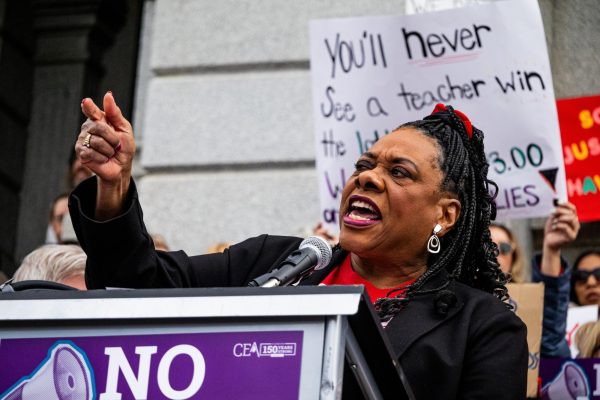
Furthermore, many teachers oppose budget cuts because kids may be left without meals and hungry. According to the National Center for Education Statistics, as of 2022, approximately 800,000 kids in Colorado qualify for free and reduced lunch. There is a possibility that the free meal program may be cut, or students may have a much harder time accessing the free and reduced lunch programs. Budget cuts may threaten kids’ education, development, mental health, and ability to eat.
Not every teacher is upset by the new plan. Those who are in support of the shift argue that Colorado is in a budget crisis, which needs to be dealt with immediately. Colorado is $1.2 Billion in debt, and only digging deeper. According to the Colorado Sun, Colorado has been spending more, primarily due to increased Medicaid demand, higher enrollment in k-12s than expected, and increased spending on law enforcement. Revenue is also a factor, as the Colorado Legislature has passed tax relief laws, which decrease tax revenue, but also increase the budget hole.
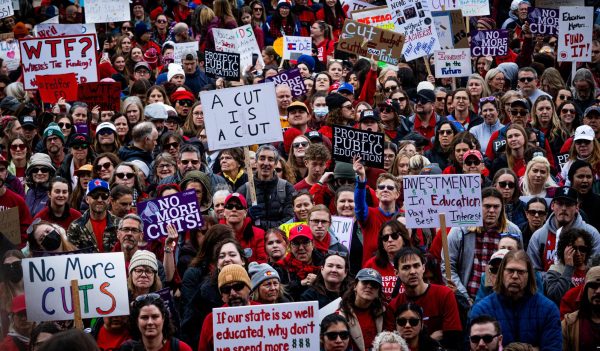
Many point to a certain law passed in 1992 as a critical issue in their ability to teach. The Taxpayer Bill of Rights (TABOR) was plastered onto signs that called for an end to this spending law. The amendment requires all tax policies that increase revenue to be voted on and government spending to be limited by a formula, creating budget restrictions that slash paychecks and overall funding for school districts. Only Colorado and North Carolina have implemented TABOR, and it has been rejected in 30 other states (TABOR).
Some of the protesters argued that there are other ways to fix the budget crisis; many speakers and protesters alike were in favor of higher taxation on the ultra wealthy, which would improve the budget situation. As stated by Colorado Politics, Colorado House Democrats have proposed a bill to do that, but it hasn’t been voted on yet.
Almost all teachers want to be teachers, but that’s becoming increasingly harder. Whether it is cutting funding, increasing taxes, or cutting something else, Coloradans need to come together and negotiate a way to lead us to a better future.
UPDATE 3/28: In an email from the Colorado Education association, the president Kevin Vick said “[due to] constant pressure throughout the legislative session, we [teachers] have gone from an initial estimate of a $160 million deficit in education funding, to $150 million increase in education funding.” He stated that the next steps include an increase in funding for education come the 2026 ballot measures; statewide health insurance in 2027; and a collective bargaining law to make sure teachers are not dependent on agreement to be recognized by school boards. Together, just as this day proved, our voices matter.




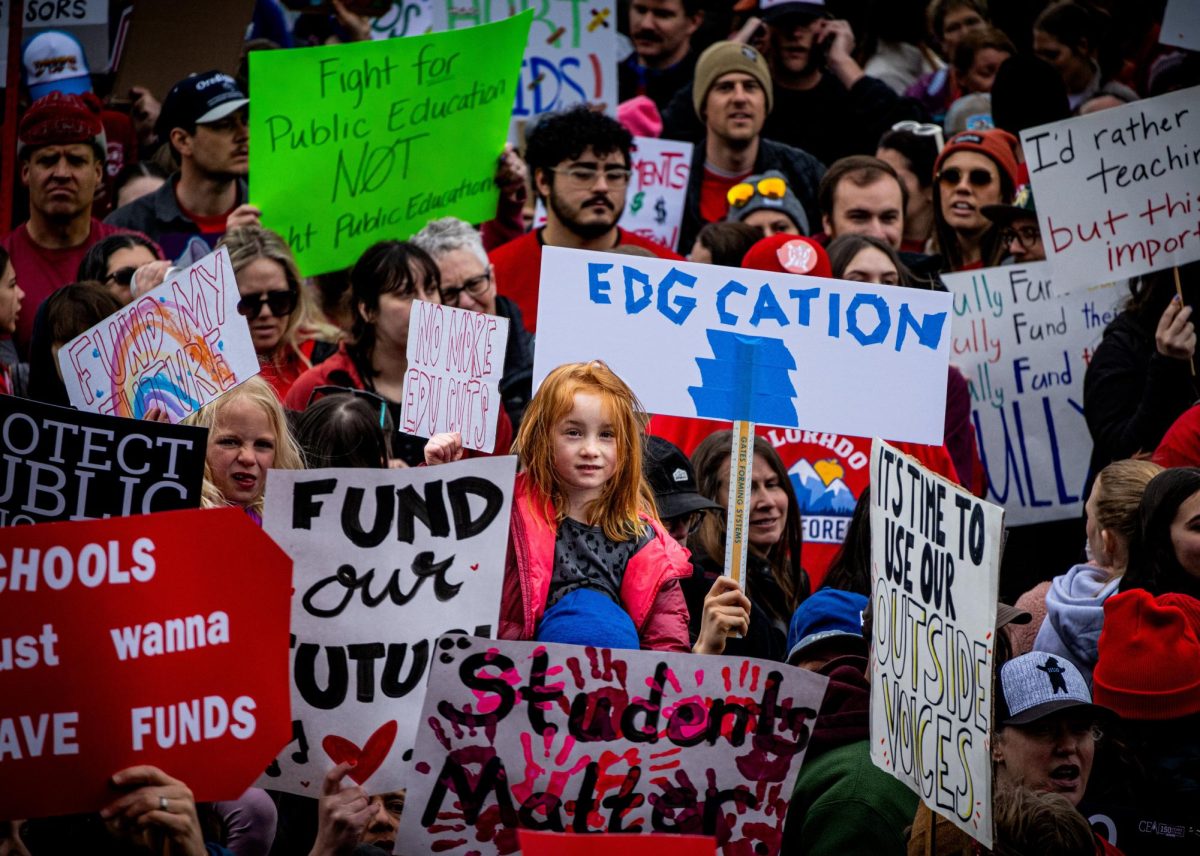






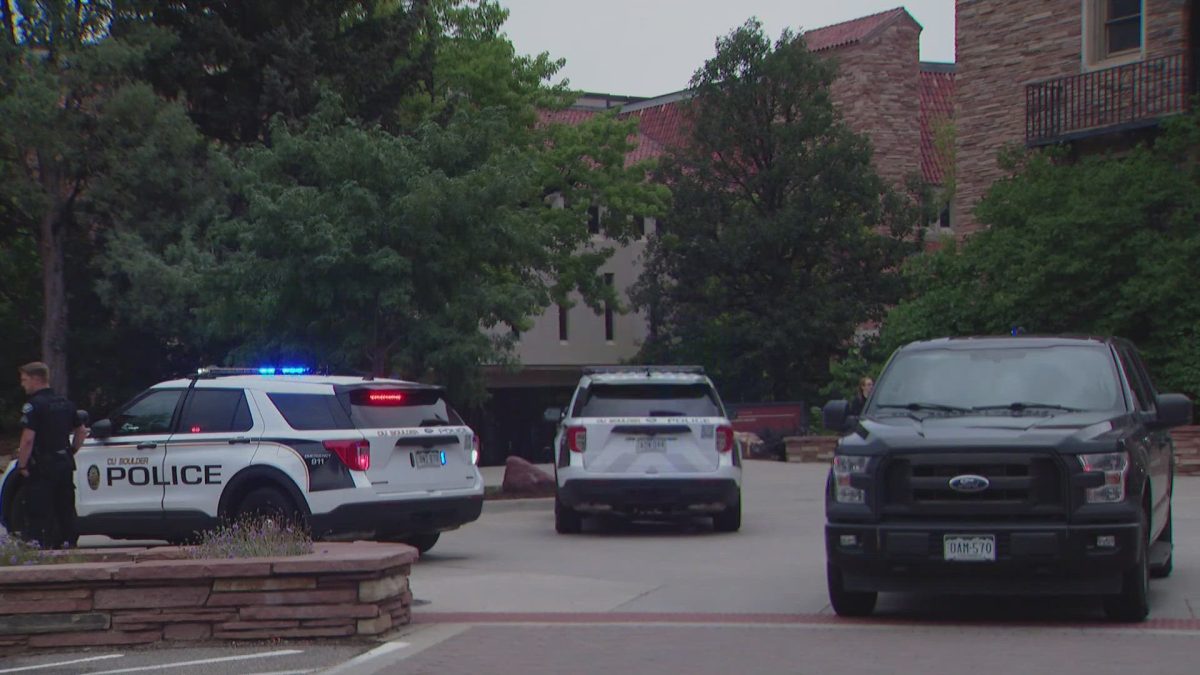

![Zordan, E. (2025). Gillian Murphy. [Photograph] The New York Times.](https://chswarriorscroll.com/wp-content/uploads/2025/10/unnamed-1200x1200.png)

